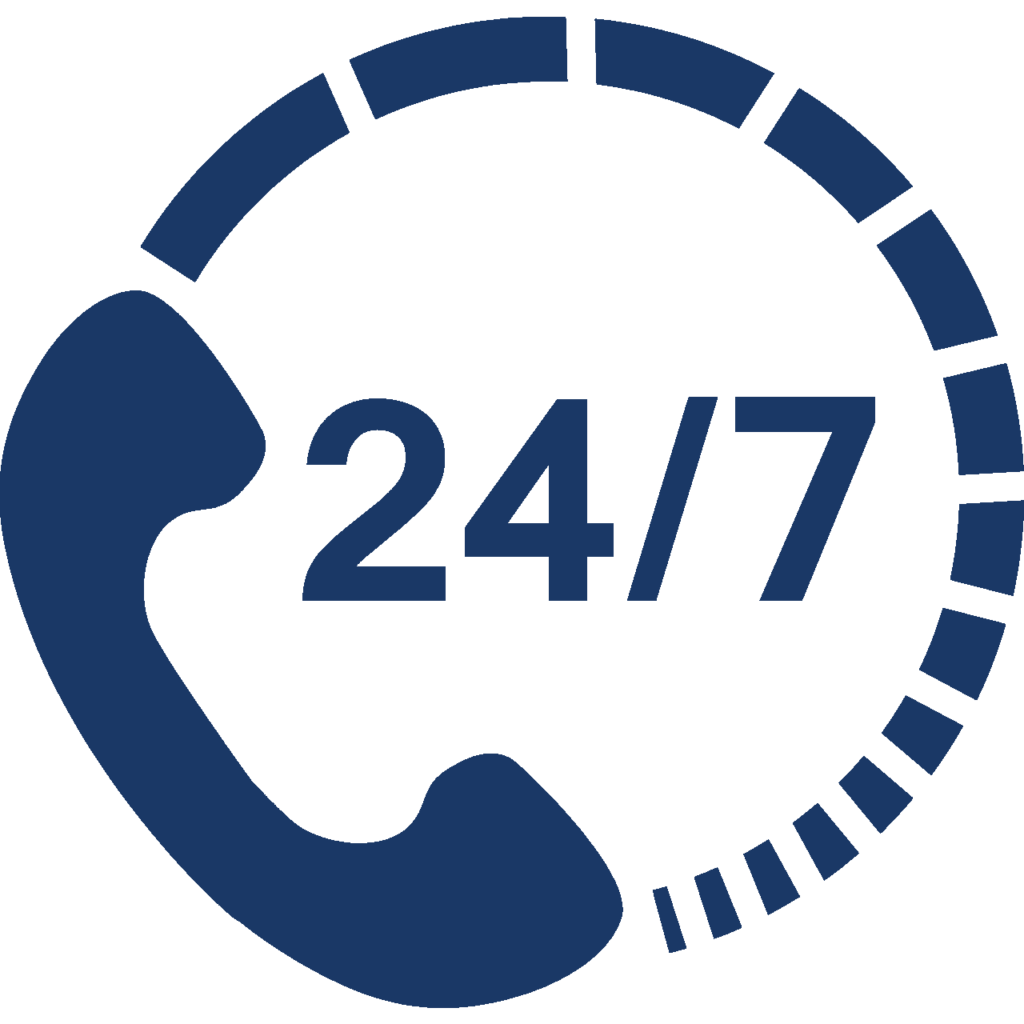Concussions and Long-Term Disability Benefits in Canada
Concussions are common forms of traumatic brain injuries (TBI) that can have lasting impacts on an individual’s health and ability to work. When concussions result in long-term impairments that affect daily functioning and work performance, accessing long-term disability (LTD) benefits is a potential lifeline as you recover from your injury.
At Preszler Injury Lawyers, our long-term disability lawyers help individuals who have experienced concussions pursue the disability benefits they need to manage their condition. Whether you’re filing your initial application or fighting a denial, our team can offer tailored legal advice. To discuss your legal options with a lawyer, schedule a free consultation today.
Understanding Concussions
A concussion is a type of mild traumatic brain injury caused by a blow or jolt to the head or body, leading to temporary dysfunction of brain activity. Symptoms of concussions may include headaches, dizziness, confusion, memory problems, sensitivity to light or noise, mood changes, and difficulty concentrating. While many concussions resolve with rest and time, some individuals experience persistent symptoms that can impact daily activities and work responsibilities.
Post-Concussion Syndrome
Post-concussion syndrome (PCS) refers to a condition in which individuals experience a range of symptoms following a concussion or mild TBI. These symptoms can persist for weeks, months, or even years after the initial injury, affecting daily life and functioning. PCS is characterized by a combination of physical, cognitive, emotional, and behavioral symptoms that can vary widely among individuals.
Common symptoms of post-concussion syndrome may include:
- Headaches: Persistent or recurrent headaches are a common symptom of PCS, which can vary in intensity and frequency.
- Dizziness and Balance Problems: Feeling unsteady on one’s feet, vertigo (a spinning sensation), and difficulty maintaining balance can occur in PCS.
- Cognitive Difficulties: Problems with concentration, memory (both short-term and long-term), attention, and slower processing speed are often reported.
- Fatigue: Persistent feelings of tiredness, low energy levels, and increased need for rest or sleep are common in PCS.
- Sensitivity to Light and Noise: Increased sensitivity to bright lights (photophobia) and loud noises (phonophobia) can be experienced.
- Sleep Disturbances: Insomnia (difficulty falling or staying asleep) disrupted sleep patterns, or excessive sleepiness during the day may occur.
- Irritability and Mood Changes: Increased irritability, mood swings, anxiety, depression, and emotional lability are frequent in PCS.
- Vision Changes: Blurred vision, double vision (diplopia), or difficulty focusing visually may be reported.
- Noise or Light Sensitivity: Increased sensitivity to loud noises or bright lights, leading to discomfort or headaches.
- Nausea or Vomiting: Some individuals may experience nausea, vomiting, or stomach discomfort following a concussion, which can persist in PCS.
Concussions and Long-Term Disability
Recovery from a concussion, whether suffering from PCS or not, can take a long time. Physicians, neurologists, and cognitive specialists often recommend that people who suffered from a concussion get lots of rest and moderate the activities they do on a day-to-day basis, which may limit how they can perform at their job. Beyond physical and cognitive rest, healthcare professionals will want to assess and monitor symptoms and cognitive functioning over time. Individuals suffering from a concussion may also require psychological support, from counselling to cognitive-behavioural therapy (CBT).
When concussions result in long-lasting or permanent impairments that prevent individuals from performing essential job duties, they may be eligible for LTD benefits. These benefits provide financial support to individuals unable to work due to disabling concussion symptoms, allowing them to focus on recovery and rehabilitation.
Does Long-Term Disability Cover Concussions?
Most LTD insurance policies in Canada cover disabilities resulting from concussions, traumatic brain injuries, and related conditions. Coverage eligibility depends on policy terms, medical evidence documenting the severity of impairments, functional limitations, and impact on work capacity. Understanding policy provisions and seeking legal advice can help clarify coverage options.
To support a disability insurance claim for a concussion, comprehensive medical documentation is very important. This type of support may include:
- Neurologist evaluations
- Neuropsychological assessments
- Imaging studies (such as MRI or CT scans)
- Treatment records
- Therapy notes
- Medication history
- Statements from healthcare providers detailing functional limitations and work-related impairments.
Can My Disability Benefits for a Concussion Be Denied?
Insurance companies may deny benefits for concussion-related disabilities due to various reasons, such as insufficient medical evidence, pre-existing conditions, policy exclusions, or an individual’s failure to follow their treatment plan. If benefits are denied, individuals have the right to appeal the decision and provide additional supportive evidence to strengthen their case.
If LTD benefits for concussions are denied, seeking legal assistance from an LTD disability lawyer is recommended. Disability lawyers in Canada can review the case, guide individuals through the appeals process, gather necessary medical and legal evidence, challenge denials based on policy violations or unfair practices, and advocate for the benefits they deserve.
Contact Our Long-Term Disability Lawyers About Your Concussion Symptoms Today
Navigating LTD claims for concussions and traumatic brain injuries can be complex, especially when facing denials or challenges from insurance companies. Disability lawyers at Preszler Injury Lawyers understand the legal complexities in LTD cases, care about protecting individuals’ rights, advocate for fair treatment, and can help secure the disability benefits needed for financial stability during challenging times of brain injury-related disabilities.
To discuss your situation with our legal team, schedule a free consultation today. You can contact us online or call 1-800-JUSTICE® to speak with someone now. Our lines are open 24/7.

